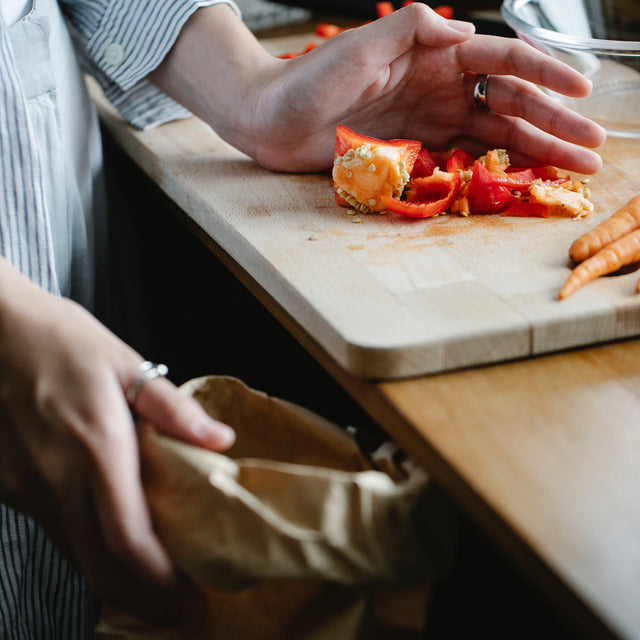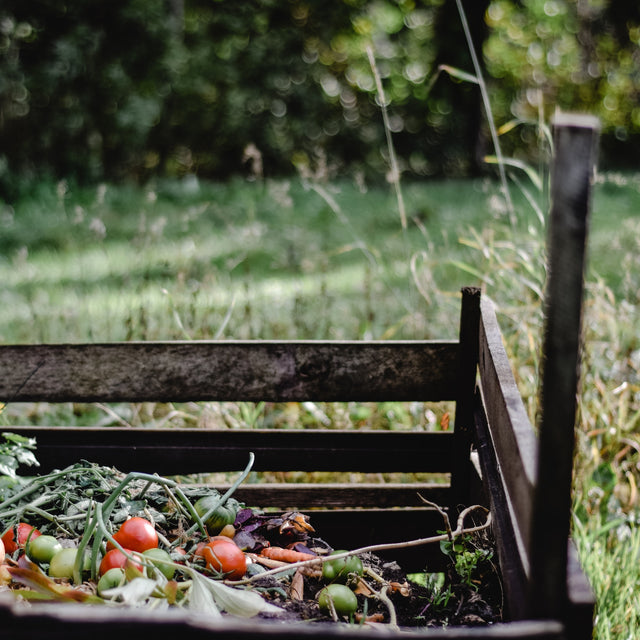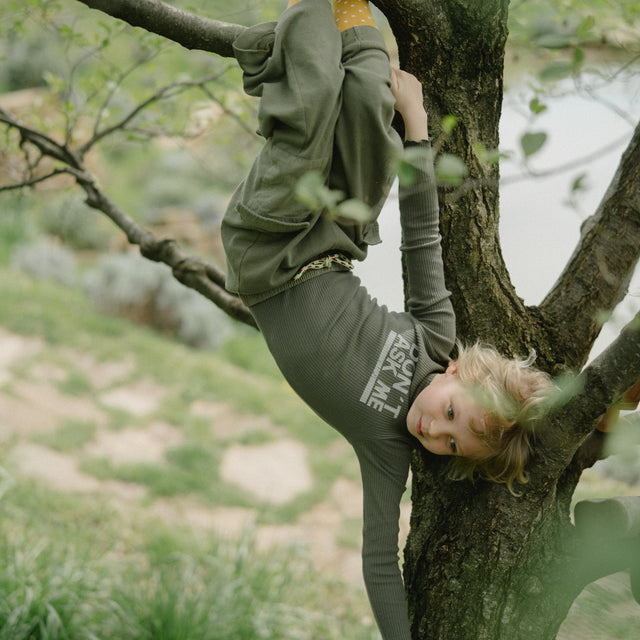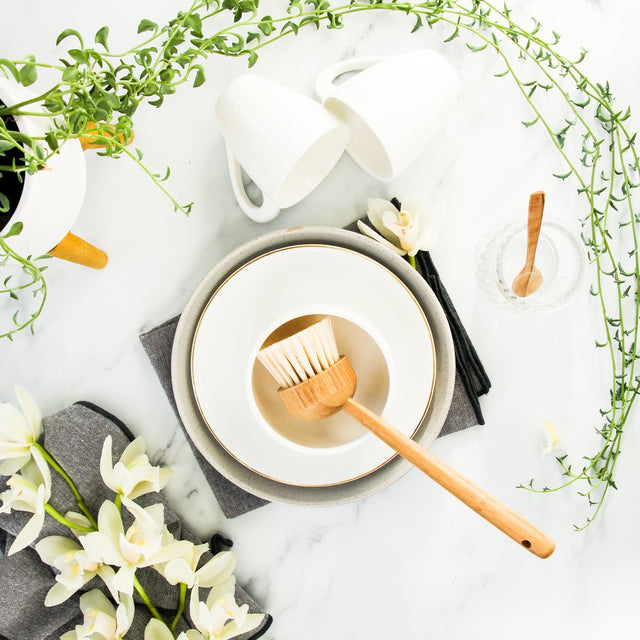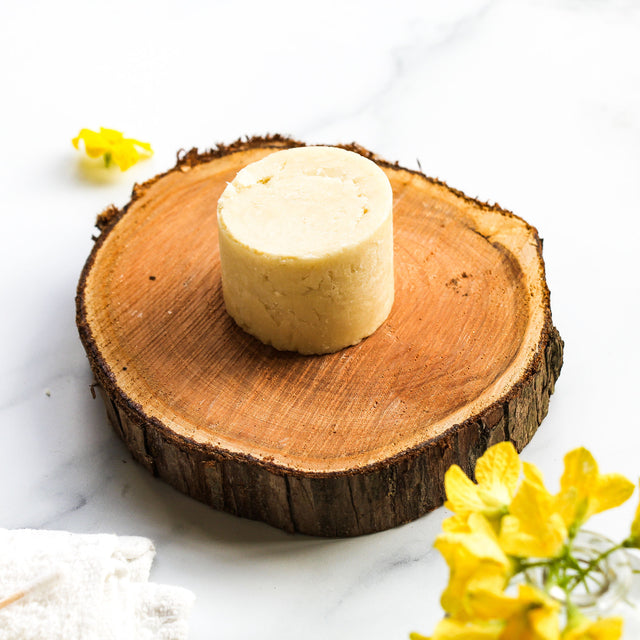Eco Tips
How to compost
5 Tips to reduce your carbon footprint
Eco tips for cleaning
Eco tips for cleaning - top 10 tips
Here are some top tips that include home made cleaning mixes to eco friendly cleaning brands.
1. Use Lemons
Lemons are nature's cleaning wunderkind. They have powerful antiseptic and antibacterial properties and are a natural deodorizer due to their high acidic content. Here are some suggestions for how to use lemons in your home: Have your copper pans lost their shine? Dip half a lemon in salt or baking powder to scour your pans to their former glory. Combine lemon peel and white vinegar in a jar, allow to marinate for a few days, then strain out the peel to use the vinegar as a cleaner. A small dish containing vinegar and lemon juice will absorb odors. Rub a slice of lemon across your chopping board to disinfect the surface
2. Use Baking Soda
Baking soda, like lemon, is another one of nature's cleaners. Also known as sodium bicarbonate, this mildly alkaline substance functions as a gentle abrasive, deodorant and more.
3. Use White Vinegar
White vinegar is a weak acetic acid that can be used in almost all aspects of home cleaning, as it has strong antibacterial properties.
Vinegar is your friend again here to descale your kettle, although you can use lemon juice, too. Pour a 50/50 mixture of white vinegar and water into your kettle, allow it to boil, then rinse the kettle out once it cools down a little but is still warm.
4 Use natural cotton dishcloths
Ditch those microfibre plastic dishcloths for completely natural options. We have a number of stylish cellulous cotton Munch dishcloths that can be composted.
5 Use plants
Like us, there are some smells insects and small animals can’t stand and a strategic placing of plants can help you get rid of them, without having to turn to chemicals as you're green cleaning your home.
Spiders don’t like citronella oil, so add a few drops to any essential oil burners where you have a spider issue or burn some citronella scented candles like these ones.
Mice on the other hand, really don’t like peppermint or spearmint. Install a few herb pots with mint where you’ve got a mice problem or add some drops of peppermint essential oil (20-30) to cotton wool balls and insert them into the holes and cracks where they’re getting in.
6 Get rid of kitchen paper towels
Did you know kitchen towel can’t be recycled? It’s often made of valuable virgin wood pulp, uses masses of toxic chemicals to be bleached and processed and it comes in plastic packaging. So what can you do?
For green cleaning, swap to a reusable kitchen towel (yes it exists), that are made from bamboo or other ‘unpaper’ materials, that can be washed and reused many many times. Try our Munch unpaper towels here.
7 Refillery cleaning options
There are many branded cleaning options on the market and our favourites are Ecostore, Green Goddess and Little foot. All can be refilled at our refillery online or at our store. The refillery has everything from dog shampoo to dishwasher tabs.
8 Get the kids involved
Don't let the kids watch you clean. Get them involved so they learn how to look after things and see you care for both your family and the environment.
9 Open the windows and let the sun in
Sometimes, the air quality inside your home can be more toxic than the air quality outdoors. Everything from pet dander to pollen to mold to chemicals can flare up a person’s allergies or asthma, thus making the air unhealthy.
To keep things fresh, open your windows every so often to let in the outside. Also let the sun in as again it freshens your house and helps to clean.
A new study in 2020 found that UV light can help kill bacteria. New research shows that sunlight kills potentially harmful bacteria and improves air quality in indoor environments.
10 create some joy in cleaning
Make shopping for cleaning products fun for you and the kids! They love refilling containers with conditioner, body wash ect. It's an opportunity for (clean) sensory play while educating about the environment and creating minimal waste.
Put the music on and use the time while cleaning to clear your head from the busy day. Try to bring some joy to cleaning as it has to be done, it is not going away and maybe you can create joy in it!
Eco tips for your bathroom
Eco tips for your bathroom - top 10 tips
So how much unnecessary waste do you think you create in your bathroom? We do know there will be some that is necessary but there is a lot you can do to create very little waste in your bathroom.
1 Toilet paper
Yes a necessity of course. But for hard core greenies there are wash towels available with sprays that you can use. Keep a bucket in your toilet for the used wash towels and then wash them. To be honest this seems a little too hard for us.
So for us, toilet paper is a must. Toilet paper goes into our water ways and disintegrates so not bad. But it really is about the source of the toilet paper. There are a number of great brands such as Greencane who source their paper from sustainable forests. Their paper is made from bamboo and recycled sugarcane.
2 Toilet brush
An easy eco swap here is to replace that plastic toilet brush with a wooden one.
3 Soap
We live in a world that seeks convenience in all parts of our life. The pump bottle of liquid soap is one of those. Usually they come in a plastic bottles. If you already have one, keep it and just refill it at your local refillery or online through us. We have Hand soap as well as Shampoo and Conditioner. You can also replace that plastic bottle with a glass bottle.
Or you can use a traditional hand soap and a bamboo dish to stand it on.
Then we get to types of soaps. SAY NO to PALM OIL unless it is from a SUSTAINABLE FOREST. A soap does not need a hundred and one ingredients, simple ingredients are best. Remember everything that goes into our water ways effects our fish etc. If you have sensitive skin look for oatmeal soaps as they are gentle on the skin.
4 Toothbrush
Get rid of that plastic brush and replace it with a Bamboo toothbrush. We have ethically sourced Adult and Child toothbrushes. Try buying different coloured ones so you don't get them all mixed up.
5 Toothpaste
We are still waiting for one of the large toothpaste companies to produce toothpaste in either reusable tubes or biodegradable ones. We would love to see refilleries offering toothpaste in bulk so people can put them in glass jars etc. We offer the toothpaste tabs which you chew in your mouth and use them like toothpaste which are a really good option. They are great for travelling and camping too.
6 Hairbrush
Replace that plastic brush with a sustainably sourced wood brush. There are many options and styles on the market.
7 Face cleanses and other face products
There are many brands on the market that offer a green alternative to caring for your face. Try brands like Tailor, Welda, Antipodes, Aelph to name a few.
8 Face wipes and cloths
Replace those throw away face wipes with NZ wool reusable face wipes by nil products. These are eco friendly from the source and from a waste free point of view as they last years.
9 Shaving
Get rid of that plastic razor and replace with a good quality stainless steel razer. Make sure you find a brand like nil who not only sells the razors but will collect back the blades.
10 Cleaning the bathroom
Head to your local refillery or buy on line through us an eco friendly toilet cleaner, floor cleaner and multi purpose spray. We carry brands like LittleFoot, Green Goddess and Ecostore, these brands do not have any harmful chemicals for our water ways or for your skin.
So that is about it for now. Make sure you check out our 10 tips for an eco friendly kitchen.


